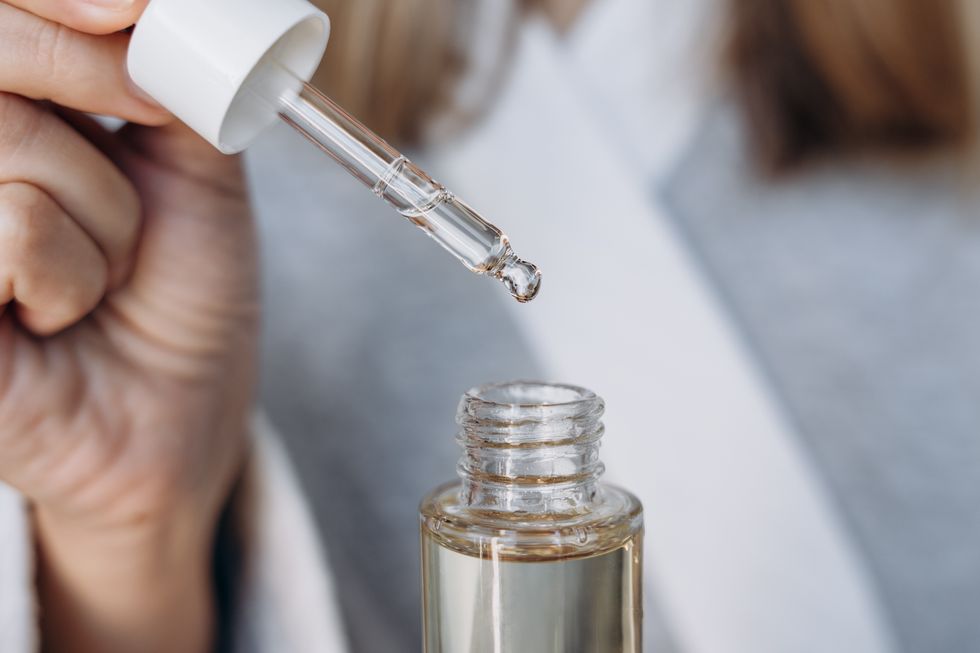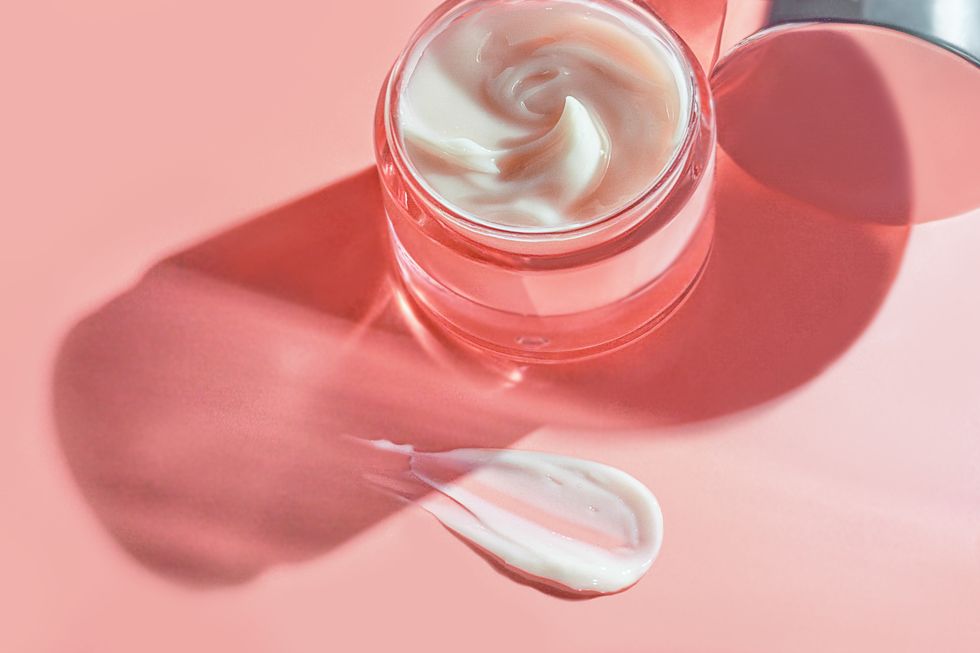Surgeon names 'game-changing' ingredient to reduce fine lines and restore 'youthful' appearance
The number of retinoids on the market can feel overwhelming but it's important to choose the right one for your skin
Don't Miss
Most Read
Luckily for skin care enthusiasts, a reliable routine and healthy lifestyle can help to revitalise complexions to help skin glow at any stage of life.
Active ingredients which promote collagen production have recently taken off as social media with popularised ingredients such as retinol.
In fact, Retin-A has established itself as the gold standard in anti-ageing skin care, with proven results for those seeking to improve their skin's appearance.
Armed with 25 years of experience, cosmetic surgeon Dr Adam Scheiner has urged patients to start incorporating the ingredient into their routine.

Retinols can come in various forms so it's important to check which one best suits your complexion
|GETTY
The vitamin A treatment helps to soften fine lines and restore a "more youthful appearance", according to Dr Scheiner.
Originally developed to treat acne, Retin-A offers far more comprehensive benefits for skin rejuvenation.
Retin-A's active ingredient, tretinoin, penetrates deep into the skin's basal layer where it works its magic and helps reverse sun damage while accelerating cell turnover, creating a fresher appearance.
"It regulates the skin cycle, so you don't have a layer of dead skin, and that gives you a more even texture," dermatologist Dr Anisha Patel explained.
Perhaps most importantly, Retin-A stimulates new collagen production, which helps reduce wrinkles and fine lines while also "decreasing the size of oil glands" to minimise the chances so you're less likely to get clogged pores.
"For the right patient, Retin-A can be a game-changer," Dr Scheiner revealed. "But it's not the only option anymore."
A newer alternative - retinaldehyde (also called retinal) - is attracting attention for delivering similar results with less irritation, which is perfect for those with sensitive or acne-prone skin who hope to avoid redness and peeling.
"It's a gentler approach that doesn't sacrifice effectiveness," the cosmetic surgeon added.
Irritation is normal when first using Retin-A, so experts recommend starting slowly by applying a small amount every third night for a week, then progressing to every other night.
Once your skin adjusts, you can try nightly application, but reduce frequency if redness occurs. A sunscreen with at least SPF 30 should be used daily.
LATEST SKIN CARE TIPS AND TRICKS

After your skin adjusts, you can apply the cream each night
|GETTY
"Pay special attention to sun safety because if you use Retin-A and keep getting damaging sunburns, it will be counterproductive," warned Dr Patel.
For those unable to obtain prescription Retin-A, there are accessible alternatives.
Retinol, a milder form of Retin-A, is another option found in many skin care products, though its effectiveness isn't as well-documented.
Some individuals should avoid Retin-A entirely, including those on photosensitising medications, people with rosacea, cancer patients undergoing chemotherapy, and pregnant women.
Patience is key when using Retin-A, as results aren't immediate and consistent application is essential to achieve the best outcomes from this skincare treatment.
"Retin-A can be a nice medication to use as long as you are mindful of the potential side effects," Dr Patel noted.











